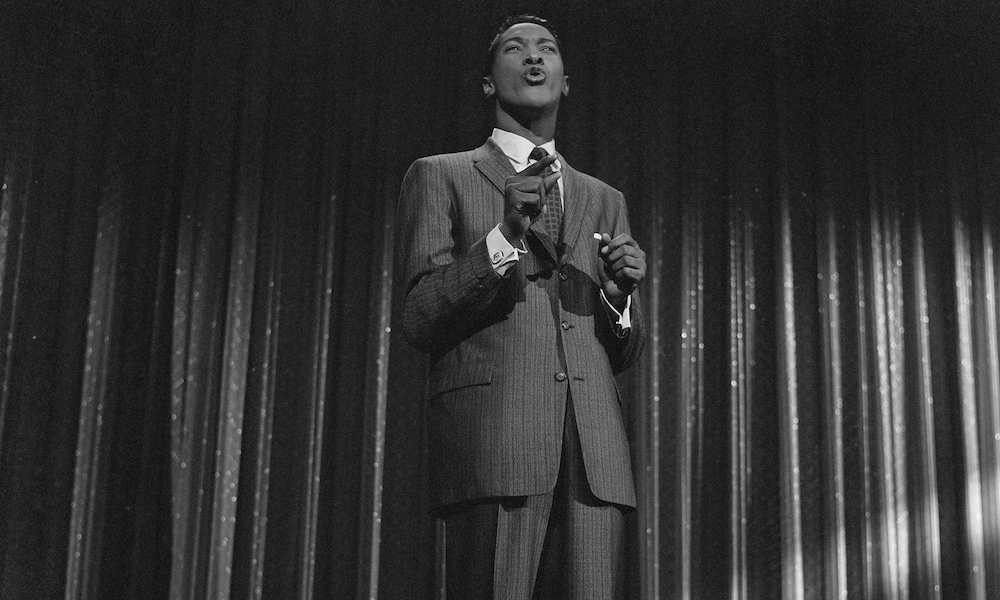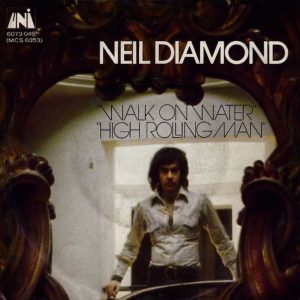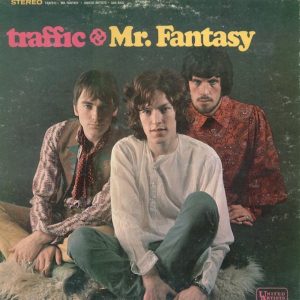Late in 1957, Sam Cooke was making his fans swoon. The smooth, stylish pop of “You Send Me” had just been No.1, and was about to spread Cooke’s name internationally, early in 1958.
In an explosion of activity on the US charts, he also charted in November with George Gershwin’s “Summertime,” then again in the week before Christmas with the double-sided “I’ll Come Running Back To You” and “Forever.” Then, on December 30, 1957, he entered Billboard’s Best Sellers In Stores chart with yet another hit, “(I Love You) For Sentimental Reasons.”
The song had its origins at the end of World War II, when the writing credits were assigned to Ivory “Deek” Watson and William “Pat” Best, founder members of the Ink Spots and the Four Tunes respectively. Later, it was judged that Best had written “Reasons” on his own. It was first recorded by another group in which Watson featured, the Brown Dots, and then there were hit versions recorded by Eddy Howard, Dinah Shore and Charlie Spivak. But the most famous one in the pre-rock’n’roll era was by Nat King Cole, who took it to No.1 in 1946.
Listen to the Greatest Soul 45s playlist.
Cooke’s version was very much in the same style as his “You Send Me” smash, with close harmonies behind his authoritative and suave lead vocals. “Cooke revives the old Nat King Cole hit…in easy-going, salable style,” wrote Billboard’s review. After opening at No.50 on that last chart of 1957, his single would go as high as No.17, while the B-side, “Desire Me,” made a showing in its own right, at No.47.
Subsequently, Marvin Gaye and Mary Wells recorded their version of “Reasons” for the Together album, and there were other 60s covers by John Leyton, the Righteous Brothers and José Feliciano. Later interpretations came from Rufus Thomas, Linda Ronstadt, Natalie Cole, B.B. King, and countless others.
Buy “(I Love You) For Sentimental Reasons” on Sam Cooke’s vinyl LP Hit Kit.




